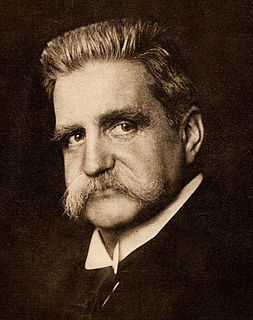A Quote by Benito Mussolini
The fate of nations is intimately bound up with their powers of reproduction. All nations and all empires first felt decadence gnawing at them when their birth rate fell off.
Related Quotes
I would consider the principal threats to start with Russia. And it would certainly include any nations that are looking to intimidate nations around their periphery, regional nations nearby them, whether it be with weapons of mass destruction or I would call it unusual, unorthodox means of intimidating them.
All cultures forged by nations—the noble indigenous past of America, the brilliant civilization of Europe, the wise history of Asian nations, and the ancestral wealth of Africa and Oceania—are corroded by the American way of life. In this way, neoliberalism imposes the destruction of nations and groups of nations in order to reconstruct them according to a single model. This is a planetary war, of the worst and cruelest kind, waged against humanity.
I would consider the principal threats to start with Russia, and it would certainly include any nations that are looking to intimidate nations around their periphery, regional nations nearby them, whether it be with weapons of mass destruction or, I would call it, unusual, unorthodox means of intimidating them, that sort of thing.
It is not the Soviet Union or indeed any other big Powers who need the United Nations for their protection. It is all the others. In this sense, the Organization is first of all their Organization and I deeply believe in the wisdom with which they will be able to use it and guide it. I shall remain in my post during the term of my office as a servant of the Organization in the interests of all those other nations, as long as they wish me to do so.
Monopolies, oligarchy, the striving for domination and not for freedom, the exploitation of an increasing number of small or weak nations by a handful of the richest or most powerful nations -- all these have given birth to those distinctive characteristics of imperialism which compel us to define it as parasitic or decaying capitalism.
































